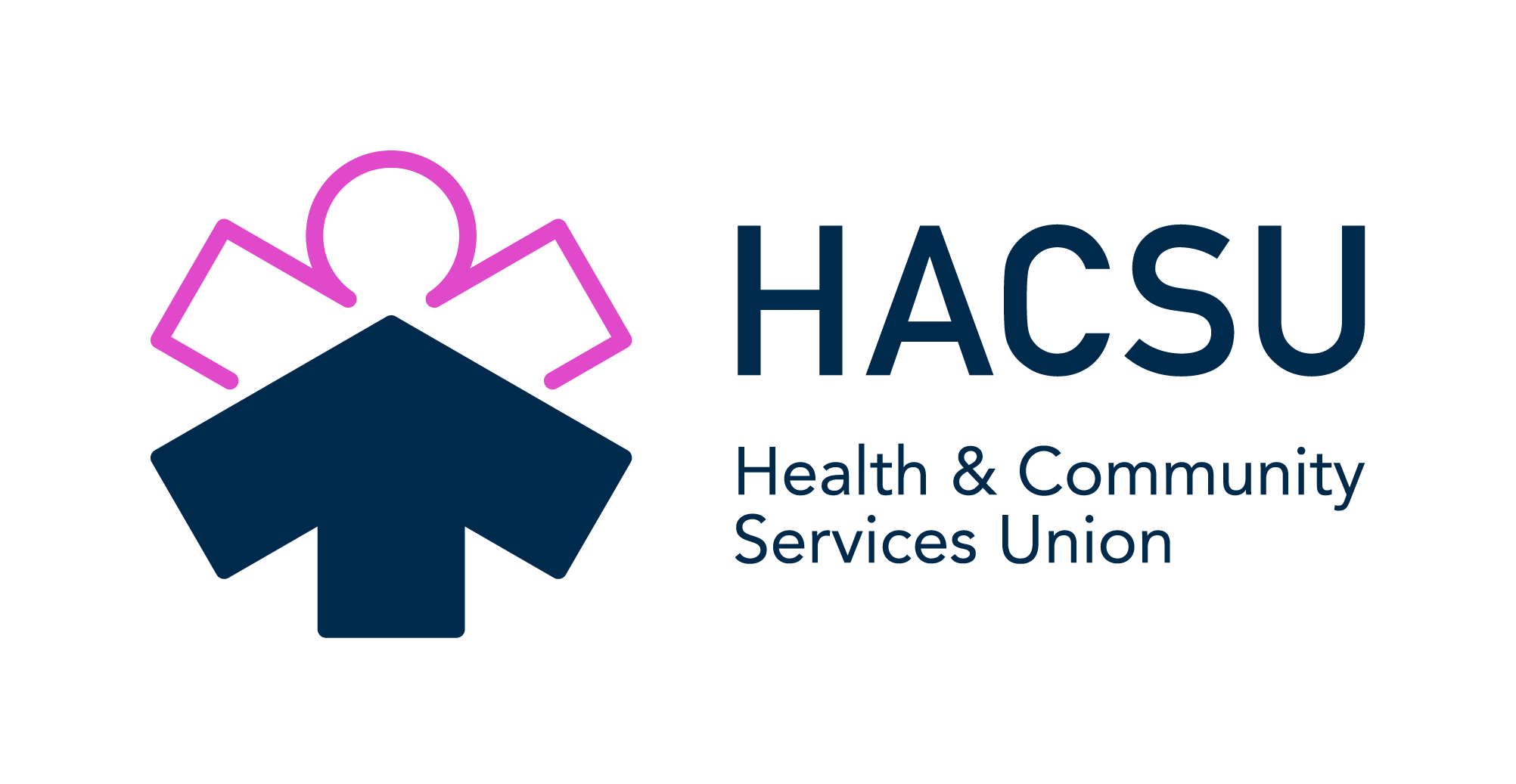
How to ask R U OK?
2020-09-10
This year, R U OK Day arguably had more meaning than ever. Australia, and the world, is in the midst of an unprecedented pandemic where we have been separated rfom those we love most in a time of social isolation. The health crisis is one thing and we are continuing to do everything to address that. But R U OK Day gave us the opportunity to check in with family and friends who may be doing it tough in these trying times. This year's theme was: There's More to Say After R U OK. Just because it's not R U OK Day, you can still use these simple steps to check in on someone, especially a colleague.
1. Ask R U OK?
- Be relaxed
- Help them open up by asking questions like "How are you going?" or "What's been happening?" or "I've noticed that you're not yourself lately. How are you travelling?"
- Make an observation. Mention specific things that have made you concerned for them, like "I've noticed that you seem really tired recently" or "You seem less chatty than usual. How are you going?"
2. Listen
- Take what they say seriously
- Don't interrupt or rush the conversation
- If they need time to think, try and sit patiently with the silence
- Encourage them to explain
- If they get angry or upset, stay clam and don't take it personally
- Let them know you're asking because you're concerned
3. Encourage action
- Ask them: "Where do you think we can go from here?"
- Ask: "What would be a good first step we can take?"
- Ask: "What do you need from me? How can I help?"
- Good options for action might include talking to a family, a trusted friend, their doctor or Employee Assistance Program (EAP)
4. Check-in
- Remember to check in and see how the person is doing in a few days' time
- Ask if they've found a better way to manage the situation
- If they haven't done anything, keep encouraging them and remind them you're always here if they need a chat
- Understand that sometimes it can take a long time for someone to be ready to see a professional
- Try to reinforce the benefits of seeking professional help and trying different avenues
- You could ask, "Do you think it would be useful if we looked into finding some professional or other support?"
Useful contacts for someone who's not OK
Lifeline (24/7)
- 13 11 14
- lifeline.org.au
Suicide Call Back Service (24/7)
- 1300 659 467
- suicidecallbackservice.org.au
BeyondBlue
- 1300 224 636
- beyondblue.org.au
SANE Australia
- 1800 18 SANE (7263)
- sane.org


